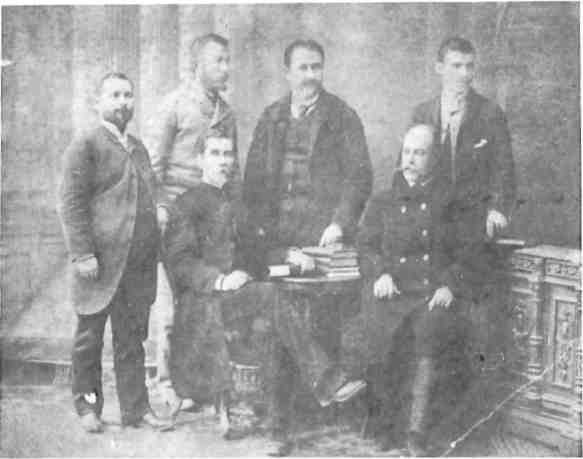
Greek Evangelists, one might imagine, would be as thin on the ground as Icelandic Orthodox Christians. Not so. There are literally thousands of born-again gospellers spread throughout the country, most of them members of a church founded well over a century ago. Symbolically, it was perhaps fitting that its creator, Michalis Kalopothakis, grew up during the formative years of the modern Greek state which, as a free nation, crept onto the European political stage in 1828. The desperately-fought wars which had brought independence had also left the country bankrupt and devoid of any state apparatus, organizations or even basic services. All was experiment, innovation and non-conformity.
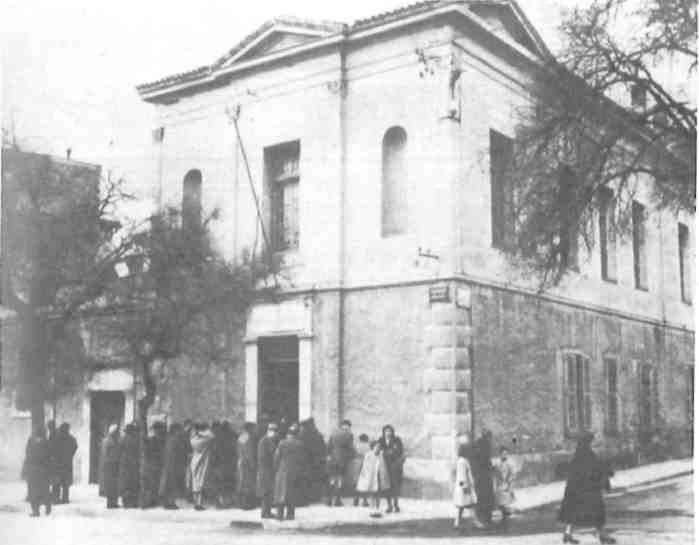
Such a tabula rasa naturally attracted a mixed bag of cranks, reformers and educators all eager to try out their theories. Most of them moved on smartly, disillusioned with the prevailing chaotic reality while others sowed on decidedly stony ground. Some were successful. Amo’ng those were two American evangelical missionaries, Leyburn and Houston, who were invited by Petrobey Mavromichalis, the almost autonomous leader of Mani, to set up a school in Areopolis then the ‘capital’ of Lakonia in southern Peloponnese.
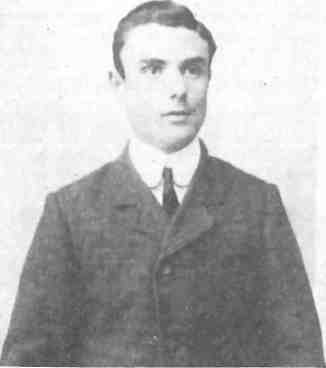
From the good pastors, Kalopothakis, a local boy and a bright pupil, learned the three ‘Rs’ along with the gospels, and imbibed the Protestant ethic of hard work and service to the community. He completed his education at the first post-revolution high school to be organized in the still half-ruined town. It was run by yet another influential American Evangelist, Jonah King. Kalopothakis then taught for a while but, dissatisfied with his chosen career, he came to Athens to study medicine, ending up an army surgeon.
During those years, Jonah King was causing a furore in the city with his articles and lectures on evangelical theory which scandalously criticized the dominating role of the Virgin (Panagia) in the Orthodox faith. Eventually stung into action, the Holy Synod accused him of heresy, blasphemy and of violating the major article of the constitution outlining the relations of church and state. (“The predominating religion of Greece is that of the Eastern Orthodox Church of Christ, any other known religion is tolerated and can pursue its system of worship without obstruction under the protection of the law.”)
At the ensuing trial, King asserted that his church was a “known” one and vigorously defended his beliefs as being rooted in apostolic teaching and the Trinity of the Nicene Creed (three persons in one essence: Father, Son and Holy Ghost) and therefore not at variance with the basis of the orthodox religion. He was found guilty, disbarred from preaching and exiled although he was later granted a partial pardon by the king.
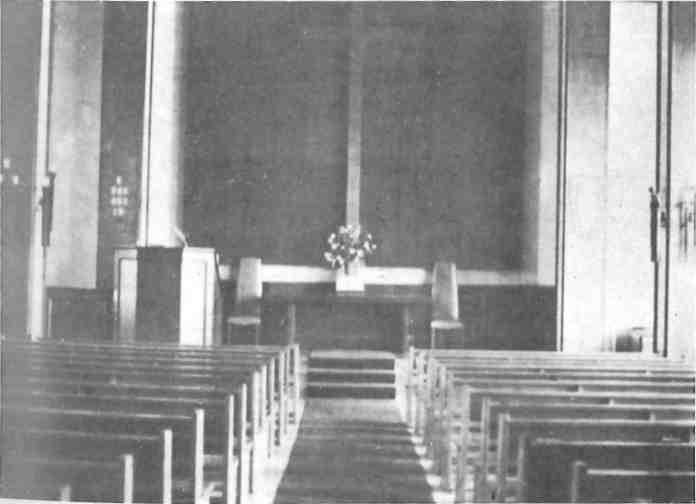
The trial forced the young Kalopothakis, who had courageously appeared as witness for the defense, to question his own beliefs. As a result he resigned his post in the army and enrolled at Cornell University in the United States to study theology.
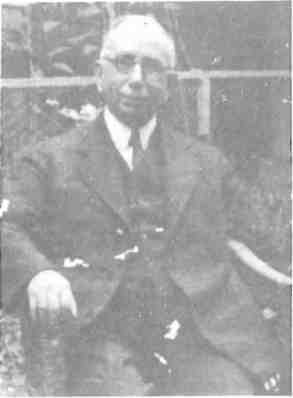
On his return he established ‘Laconia Publishing’ which printed books on all subjects including religious ones and produced an influential weekly paper (now a magazine) The Star of the East. He also published a children’s paper which was regularly subscribed to by the young Eleftherios Venizelos, the future prime minister and international statesman. As if that were not enough, Kalopothakis became the Greek representative of the Bible Society and created a Bible school, teaching from the modern Greek version translated by Neophytos Vamvas which had caused such an uproar when first published and which was banned by the Orthodox Church.
He and like-minded friends met each Sunday initially at each other’s homes, forming the nucleus of the Greek Evangelical Church in 1858. Thirteen years later the small group had raised enough money and had gained permission to build a church opposite Hadrian’s Arch, then just outside the city. Their numbers continued to grow steadily and were greatly increased after the Asia Minor catastrophe in 1922 when hundreds of Greek Evangelists came as refugees from Pontus and Anatolia.
Reverend Nikolaos Tzianiklidis today is the resident minister of the attractively simple church at 8 Amalias in central Athens which was built in 1956. He rejects the often-levelled accusation of proselytism.
“Members are only accepted as consenting adults when we are completely convinced of their sincerity as born-again believers in the truth of the gospels. We do not seek them out, they come to us.”
Categorically denying that the church receives financial support from abroad, he adds, “Unlike the Orthodox Church, we are not funded by the Greek state. Our income is raised only among our parishioners, some of them offering as much as a quarter of their salary.”
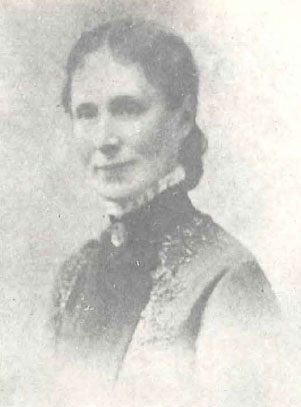
As orthodoxy in Greece is closely linked with nationality, the Evangelists are often accused of being non-Greek, but they have always played a dynamic and often innovative role in the community at both local and state level ever since Kalopothakis set the precedent. Apart from his publishing and religious work, he was one of the founders of the philosophical society ‘Parnassos’ and was an active member of the Archaeological Society. His daughter Maria was the first woman doctor in Greece and his son Dimitrios, educated at Harvard and Berlin, a distinguished journalist decorated by both Greece and Great Britain. Another distinguished member of the church was Margarita Krisakis, one of the founders of the Hellenic Red Cross. She was decorated for her work in setting up front-line field hospitals during the Balkan Wars, creating a school for district nurses and for her indefatigable efforts on behalf of deprived children. Other members, well known in society, were war heroes, prison reformers, educationalists or welfare workers.
Evangelicalism in Greece is also served by another parallel but completely independent organization, the Free Greek Evangelical Church which has different origins and its own structure. Its nerve centre is at 3 Alkiviadou Street in Athens where there is a very modern, simply decorated church, rebuilt five years ago, together with its main offices.
It was informally founded in 1920 by Kostas Metallinos, a one-time young atheist from Corfu, who was studying mathematics at the University of Athens. One day in a second-hand bookshop he came across the celebrated book by Chateaubriand Le Genie du Christianisme, an apology for the Christian religion from the humanistic and literary point of view. Thinking it was an atheist work, Metallinos bought it and was disappointed to find that it supported Christianity. He started to study the sources mentioned in its bibliography in order to write an article debunking it, but was in the process converted himself.
He slowly gathered a few friends together on Sundays to discuss the Scriptures and spiritual life in general, each one lecturing in turn on a given religious theme, until their group grew into an organized church with sister churches all over the country.
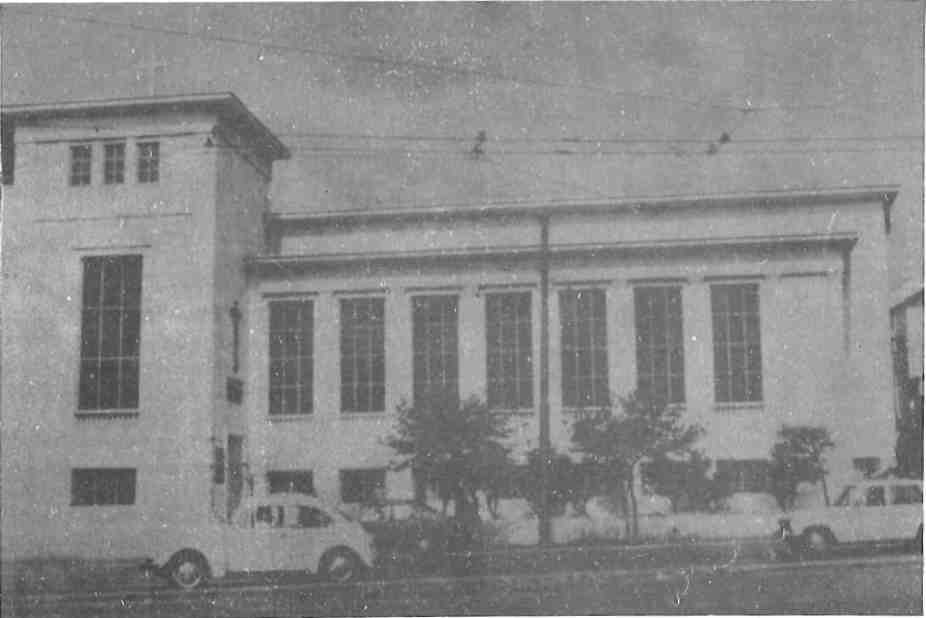
It differs fundamentally from the earlier established church in that it has no career minister. Instead, lay preachers are drawn from its own parishioners. Also, children of their members are not baptised. Baptism is only for consenting adults at whatever age the believer feels he or she can sincerely embrace the teachings of the gospels. It too issues a magazine, Salpisma, along with a children’s periodical.
Some of its members have privately converted the home of the late Metallinos in Kypseli into a studio where they produce, and finance, the radio program 2000. It broadcasts evangelist hymns in English and in Greek, the latter recorded by the Free Church’s own excellent choir, interspersed with short religious messages and light classical music.
Both the Free and the established churches have a warm and welcoming atmosphere, and whatever their different persuasions, staunchly believe that as their religion is rooted in the original Christianity of the gospels and apostolic teaching, especially that of Saint Paul who preached all over the country, it is equally rooted in the earliest Christianity of Greece.







